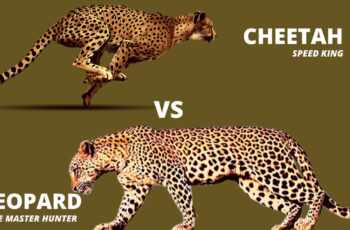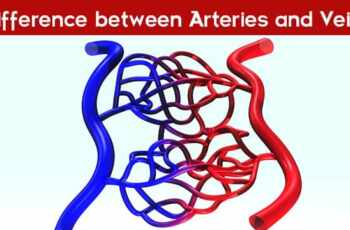Table of Contents
Breathing and respiration

Respiration and Breathing are different processes. But interrelated body processes and help the body work properly. Breathing is a process in which the body exchanges gases (oxygen and carbohydrates). And respiration is a process that takes place at the cellular level to produce energy in the body. However, Breathing is a physical process, while respiration is a chemical process. Therefore, Today we discuss the significant differences between breathing and respiration.
What is breathing?
similarly, Breathing is a physical process in which body oxygen is inhaled into the lungs by mouth and nose and by muscle contraction. And carbon dioxide is exhaled by muscle relaxation. Therefore, It is a necessary process to life.
How do we breathe?
A pair of lungs present in your chest has a spongy texture and pink-grey colour.
When we inhale, the air enters our lungs, and thus oxygen enters the blood by the movement of air and at the same time, the waste gas carbon dioxide enters the lungs and exhales(moves out) in the environment from the body.
What is respiration?
Respiration is a chemical process. However, in which cells of an organ system obtain energy from oxygen and glucose and break down these macromolecules into ATP, water and carbon dioxide. however, These molecules provide us energy in our daily activities like sitting, standing, walking, exercise, running etc.
Types of Respiration: Difference between breathing and respiration?
furthermore, Respiration can be classified into two types.
Aerobic respiration
This process takes place in the presence of oxygen and is present in all eukaryotes.
Anaerobic respiration
This process takes place in the absence of oxygen and is present in all prokaryotes.
Differences between breathing and respiration
| Comparison basis on | breathing | respiration |
| Definition | Breathing is a process in which oxygen is inhaled in the body by the environment, and the lungs exhale carbon dioxide. | Respiration is when water and glucose molecules break to produce ATP energy to perform body function. |
| Process | This physical process takes place in two stages
|
This chemical process takes place in the cell through
|
| Take Place | This process takes place in the lungs and gills. The mouth, nose, pharynx and diaphragm are involved. | This occurs in the cell. |
| Energy Production | There is no energy production. | Energy is produced in the form of ATPs. |
| Cellular Activity | It takes place outside the cell and is called extracellular. | It takes place in the cell and is called intracellular. |
| Enzymes Involve | There is no involvement of enzymes. | Several enzymes take place in respiration. |
| Associated Organs | Breathing involves the respiratory organ, mouth, nose and lungs. | Respiration involves cells like cell organelles, mitochondria etc. |
| purpose | Provide oxygen to different parts of the body. | Provide energy to different parts of the body. |
| Voluntary and Involuntary | Breathing is a Voluntary as well as Involuntary process. | Respiration is an Involuntary process. |
| Metabolic Reactions | No metabolic reaction is involved in breathing. | Respiration is a metabolic process. Several types of metabolic reactions take place. |
Also Read: How to check jazz balance


